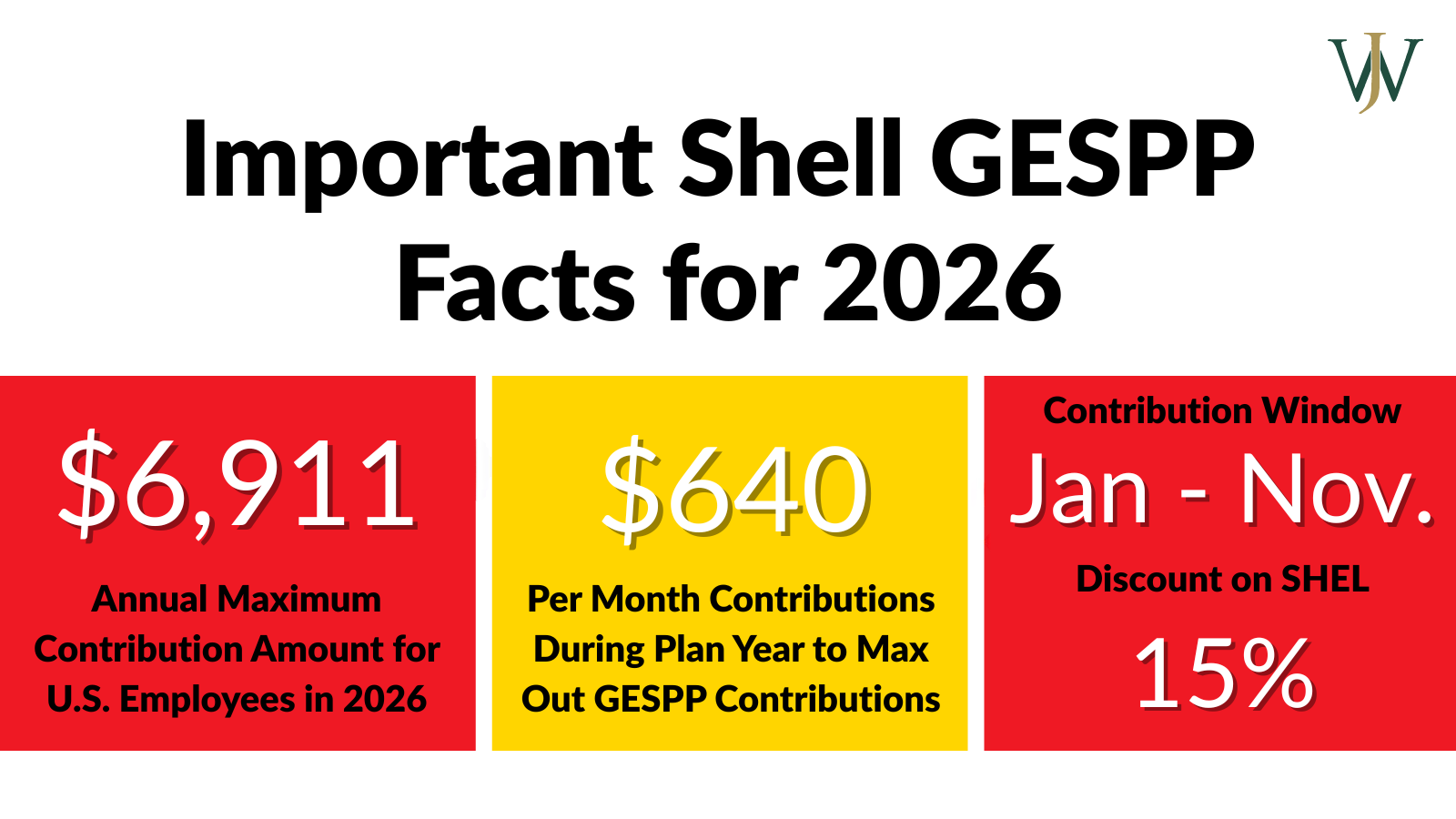Featured Post:

Shell GESPP: Everything You Need to Know about The Shell Shares Plan
Shell Oil's employee stock purchase plan is called the Global Employee Share Purchase Plan (GESPP).An Employee Stock Purchase Plan is a benefit that allows employees to purchase company stock at a...
Shell GESPP: Everything You Need to Know about The Shell Shares Plan
by Nick Johnson, CFA®, CFP®
February 05, 2026
What to Consider Before Accepting a Severance Package From Shell
by Alexis Long, MBA, CFP®
January 21, 2026
How to Strategically Set Your Retirement Date from Shell Oil
by Nick Johnson, CFA®, CFP®
January 21, 2026
How To Use Company Stock, a 401(k) & Net Unrealized Appreciation for Tax Savings
by Alexis Long, MBA, CFP®
January 21, 2026
80 Point & APF: What’s the Difference Between the Shell Pensions
by Alexis Long, MBA, CFP®
January 21, 2026
Asset Allocation: The Key Component For Your Investment Strategy
by Alexis Long, MBA, CFP®
January 21, 2026
How to Determine The Best Date for a BP Retirement
by John Siegel, CFP®, EA
January 20, 2026
Improve Your Investment Strategy With Target Band Rebalancing
by Nick Johnson, CFA®, CFP®
January 07, 2026
Self-Employment Tax Considerations When Starting a Consulting Business
by Leah Cessna, CPA
December 19, 2025
Why Now Is the Time for Donor-Advised Funds Before 2026 Tax Changes Hit
by John Siegel, CFP®, EA
November 25, 2025




